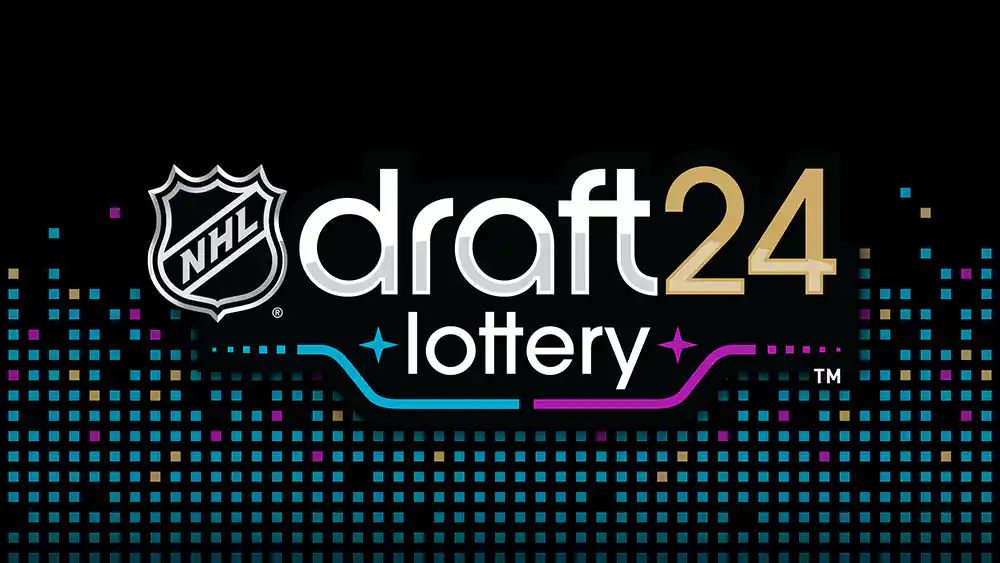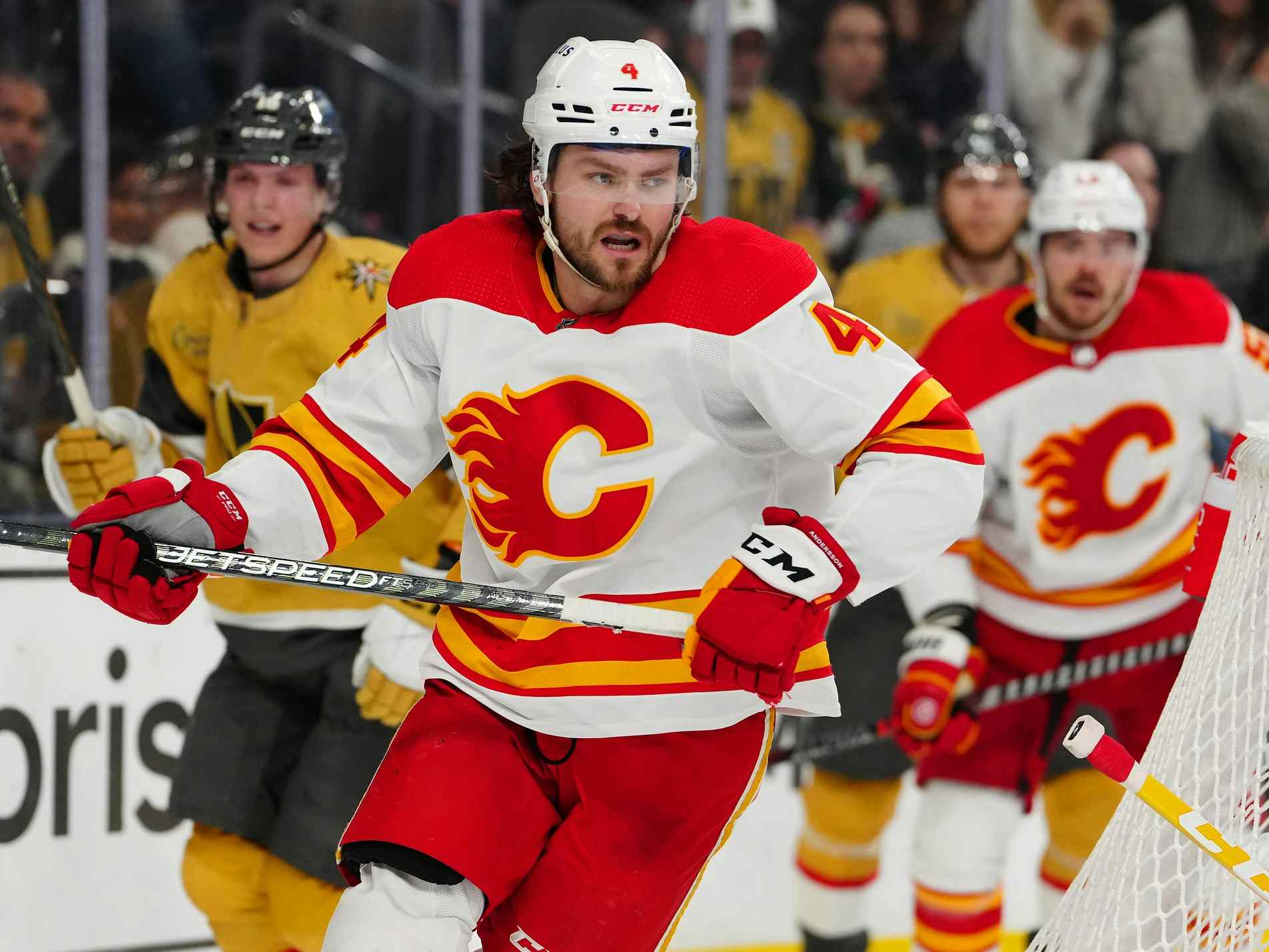What questions remain after Sean Monahan’s extension?
Most fans of the Calgary Flames are just happy any uncertainty surrounding Sean Monahan’s contract extension has been put to bed. The Flames and Monahan agreed to a seven year, $44.625 million pact on Friday, leaving the team with just one remaining high profile extension to get done. Monahan signing long term is definitely a good thing, but it still leaves me with a couple lingering questions.
What type of deal are the Flames getting?
We’re not talking about highway robbery for Calgary; this isn’t TJ Brodie’s sweetheart of a deal. But the Flames aren’t getting ripped off by any means, either. Plain and simple, this is a market value deal for Monahan. The way NHL contracts are structured these days, Monahan had a good deal of leverage and it was in Calgary’s best interests to get him signed long term. Knowing those things, and knowing what the market suggested, the final framework of this deal isn’t overly surprising.
In many ways, Monahan’s market was set early last month when a pair of contemporaries signed similar extensions on the same day. July 8th saw Mark Scheifele sign a long term extension with the Winnipeg Jets just minutes before Colorado locked up Nathan MacKinnon for just a hair under the max term. Adding Florida’s Aleksander Barkov, who signed an extension during the season, gave us a pretty good ballpark for where Monahan’s deal was going to land.
Lumping Monahan in with that aforementioned trio was easy. Just like Monahan, all three of MacKinnon, Scheifele, and Barkov have three full years of NHL service, play centre, and were due for a new deal to start the coming season. It makes for an easy, and interesting, side by side comparison of the four players.

Of the group, no one has touched Monahan on the goals front and he’s also the most productive player in terms of raw points. Knowing that, we shouldn’t be surprised his contract ends up being the most lucrative of the bunch.
There are those who believe some, or all, of the other players on that list are superior all-around players compared to Monahan, and there might be something to those arguments. But in this day and age, even with analytics taking more and more of a foothold, production is what gets you paid. Monahan has been more productive than his peers which is why his payday is also slightly higher.
What took so long?
From how I understand it, there were two main sticking points contributing to the prolonged nature of these negotiations. The market was clearly set for more than a month, so there had to be something more than “time at the lake” and “hanging out with friends” that caused this to drag on.
First off, I’ve been told there was a slight question as to whether this was going to be a seven or eight year deal. Had it ended up being the latter, there’s a good bet the Monahan camp would have been pushing for that AAV to be a little bit higher. After all, going the max term would also be buying one more UFA year from Monahan. The more UFA years you’re buying right now, the higher the AAV is going to be.
In a lot of ways, MacKinnon’s seven year deal was the perfect jumping off point for Monahan’s side of the negotiations. With higher counting numbers than MacKinnon, Monahan’s case was solid for a slightly higher AAV over the same term. As such, you can extrapolate an eighth year might have cost Calgary another four or five hundred thousand per season. Determining the right length of this extension while weighing the cost of each additional year certainly played into the delayed agreement.
The other reason came down to a good old fashioned game of chicken. Monahan’s camp was definitely playing the waiting game and seeing if they could use a potential extension for Johnny Gaudreau as leverage. I understand the thinking. I think we all know Gaudreau’s AAV is going to be higher than Monahan’s over the same contract term. I think Pat Morris (Monahan’s agent) knew that too. By waiting for Gaudreau to sign, maybe Monahan’s camp could get that cap hit a little closer to his linemate by really pushing how connected the two are.
In the end, though, the waiting game likely wore out its welcome. There’s a chance being patient might have yielded another few hundred thousand per year for Monahan, but that was far from guaranteed. Furthermore, with no indication as to when Gaudreau is going to sign, there probably came a time when it didn’t make much sense to continue to sweat it out. $6.375 million per season is fair for both sides, so it made sense for Monahan to put pen to paper and put this thing to bed.
Recent articles from Pat Steinberg





